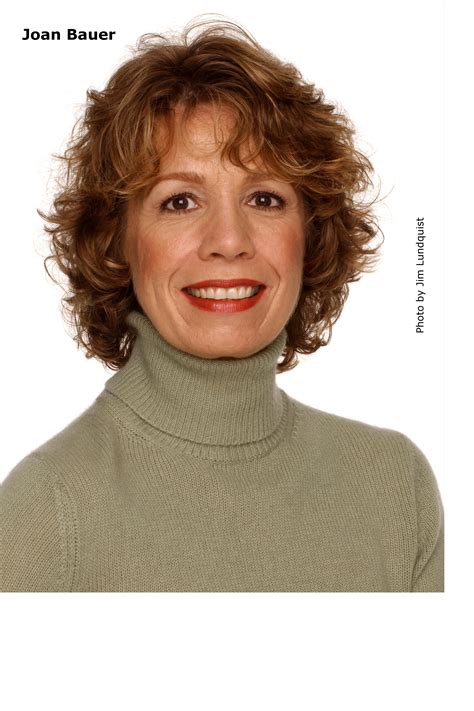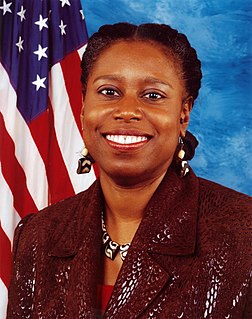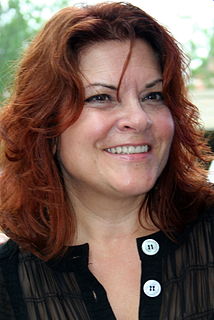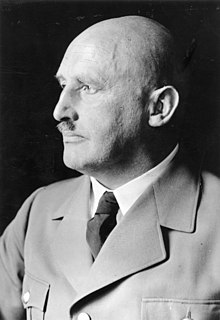A Quote by Don DeLillo
I marched and I protested against the war in Vietnam, along with many, many thousands of others. But I never quite understood the bombs that were placed in science labs or office buildings.
Related Quotes
Most of us who were opposed to the war, especially in the early '60's - the war we were opposed to was the war on South Vietnam which destroyed South Vietnam's rural society. The South was devastated. But now anyone who opposed this atrocity is regarded as having defended North Vietnam. And that's part of the effort to present the war as if it were a war between South Vietnam and North Vietnam with the United States helping the South. Of course it's fabrication. But it's "official truth" now.
Images of burning Red Cross and UN buildings struck by US bombs contrasted with images of thousands of desperately poor Afghan women carrying sickly and starving children out of Afghanistan as they flee the might of the US military is tearing at international public confidence in our war against terrorism.
We understand that Nixon's aggression against Vietnam is a racist aggression, that the American war in Vietnam is a racist war, a white man's war...We deplore that you are being used as cannon fodder for U.S. imperialism. We've seen photographs of American bombs and antipersonnel weapons being dropped, wantonly, accidentally perhaps, on your heads, on the heads of your comrades.
My dad [Johnny Cash] went to the [Richard] Nixon White House and refused to sing "Welfare Cadillac" (instead performing the anti-war songs "The Ballad of Ira Hayes" and "Man in Black"). He protested the Vietnam War, but he went to perform for the troops with bombs dropping all around him. He had that kind of genius: a true artist's capacity for holding two opposing thoughts at once while being large enough to encompass all realities.
It has to be an actress like Marion Cotillard [in Allied] because there are so many levels to it. It's set in the Second World War, when lots of people were doing things that, outside of a war, you wouldn't do, like killing and dropping bombs. She's doing things that one wouldn't approve of, but it's war.






































